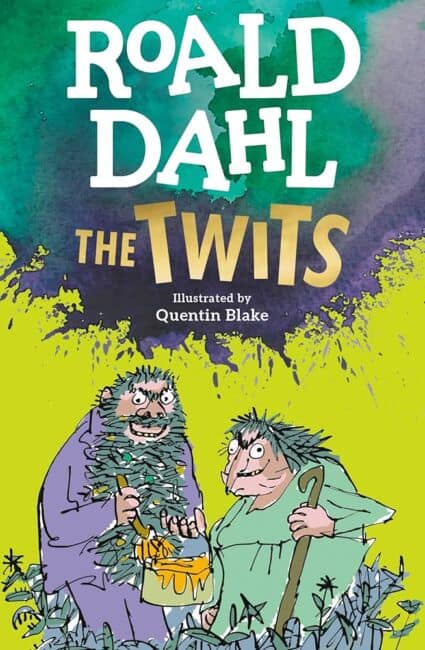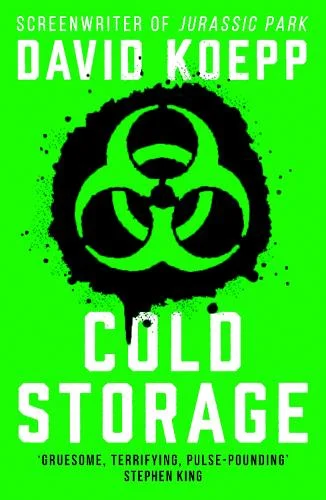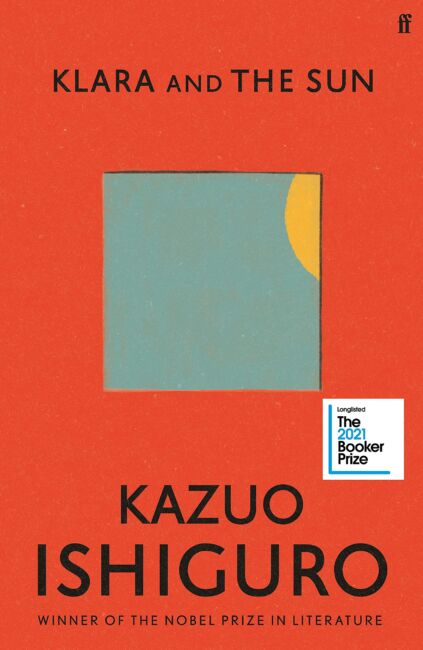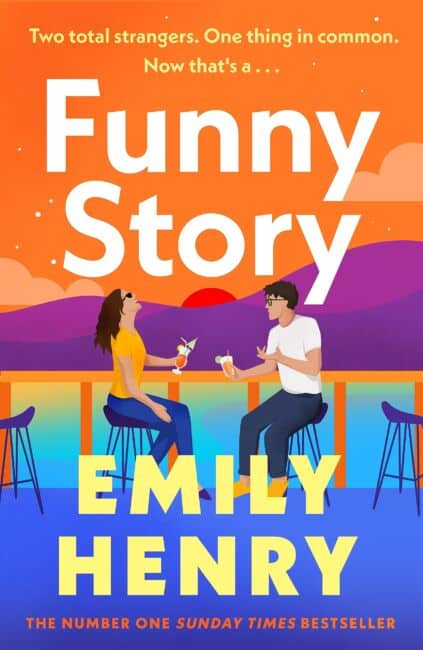Frankenstein
Mary Shelley
The first thing to note about Frankenstein is that he’s not the monster, he’s the creator … or is he? Some argue that the eponymous character is also a monster of sorts for creating one. We’ll let you make your own minds up about that one.
Mary Shelley is a creator, too, paving the way for science fiction with her 1818 gothic novel, Frankenstein. An unlikely but excellent author, Shelley and her novel gave rise to centuries of similar narratives, practically birthing sci-fi horror. Writing at a time when scientific advancements were happening at an extraordinary rate without the consideration of ethics, Frankenstein is not just a scary tale about a monster, it’s a warning about what happens when science fails to consider “should we?” alongside “could we?”.
‘[I]t is a cautionary tale that even today speaks to the promise and the perils of scientific advances’
- National Library of Medicine
Shelley published her novel anonymously due to fear of jeopardising her reputation or having her children taken away from her due to the shocking subject matter. We wish we could tell her just how monumental her novel would be over 200 years later. Dozens of adaptations — from stage to film — have proven the lasting impact that her story would have. Even in 2025, there are still new adaptations on the horizon, including a film of the beloved gothic tale directed by Guillermo del Toro.
Set in Geneva, Switzerland, the novella follows Victor Frankenstein, a wealthy, ambitious scientist who is obsessed with finding a cure for death and — in essence — wants to play God. Resorting to grave robbing to obtain human body parts, he sets out to mismatch his creature together in the most unharmonious way. With a rogue hypothesis that using electric currents will bring his creation to life, what Frankenstein achieves is far from Godly.
‘[I]t is the book’s powerful sense of humanity that gives it real life – the scientist appalled by the consequences of his attempt to play God; the tragic figure of the Creature, cursed to be feared and hated by humans who can never accept him.’
- The British Library
When realising that he has created an abomination that goes against humanity’s laws, Frankenstein runs away, leaving the Creature to work out this world by himself. At first, Frankenstein’s creature seeks him with affection, but when the Creature realises he’s been abandoned and the nature of why he was created, he changes his goals to avenging his maker – Frankenstein’s hubris is torn from him as he faces the consequences of his actions.
‘Ultimately it is Frankenstein who must answer for the monstrous act committed by his creation’
- The Guardian
Mary Shelley’s Frankenstein has been praised tirelessly for its complex characterisation and is accredited for being the first science fiction novel. However, as the daughter of one of the first Feminist writers, Mary Wollstonecraft, Shelley has been criticised for the lack of female characterisation in her novel. However, some may suggest that this was rather to focus on the consequences of a world dominated by unchecked male ambition. It has even been theorised that there is a Feminist second meaning to the novel as Frankenstein goes against Mother Nature (female) as well as God (male), and his act of creation is compatible with birth — a distinctly female act.
‘Frankenstein is motivated by power, seeking to master nature and transgress the natural order to restore life to lifeless matter and create a new species. In return, he is persecuted, Mother Nature fights back. He is stricken by illness, weather, and misfortune wherever he goes.’
- Massive Magazine
Fancy some more gothic horror novels?
It’s addictive and spooky – why wouldn’t you want more? With hundreds of gothic horror novels out there, we’ve got a couple for you to keep you entertained after you’ve read the Mary Shelley classic.
- The Monk, Matthew Lewis (1796)
- Strange Case of Dr Jekyll and Mr Hyde, Robert Louis Stevenson (1886)
- Dracula, Bram Stoker (1897)
Read more cult classics with Victoria Freudenheim
Love a novel that you can piece together just like Victor Frankenstein and his creation? At Victoria Freudenheim, we do too; that’s why we have plenty on our shelves to inspire your next nail-biting read. Discover new reads from similar genres, such as horror, thrillers, or sci-fi.
Keep up to date in the literary world with the Victoria Freudenheim blog and check out our latest reviews for more inspiration.
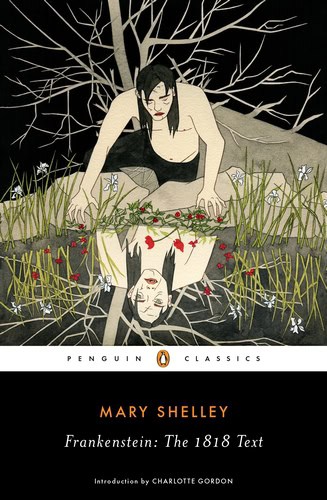
| ISBN | 978-0143131847 |
|---|---|
| Pages | 352 |
